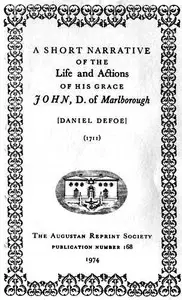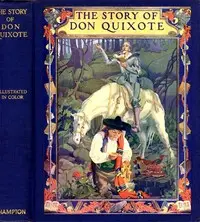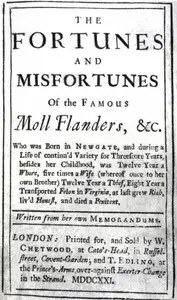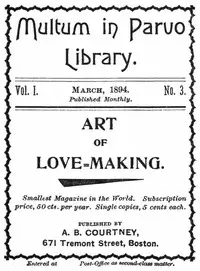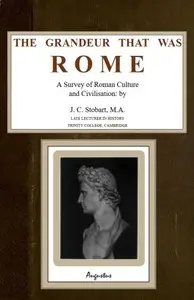"The History and Remarkable Life of the Truly Honourable Colonel Jacque" by Daniel Defoe is a story about a character, Colonel Jack, who starts life with a great family but grows up poor and gets mixed up in crime. The story follows his tough life as he deals with things like stealing, being taken, and getting married, all while trying to become someone better. Jack thinks back to his early years, starting with no parents and being raised by a foster mom who taught him he was special. We see Jack's childhood in London with other poor kids all named Jacque where he struggles with right and wrong, sometimes feeling hopeless but also finding people who are nice to him. This sets the stage for how he changes from a poor orphan into a man struggling with who he is, what is right, and a strong wish to be respected and fit in, even though he lives a life outside the law.

The History and Remarkable Life of the Truly Honourable Colonel Jacque, Commonly Called Colonel Jack
By Daniel Defoe
From a mysterious birth to a life of crime and unexpected kindness, a man fights to rise above his troubled past and find his place in the world.
Summary
About the AuthorDaniel Defoe was an English novelist, journalist, merchant, pamphleteer and spy. He is most famous for his novel Robinson Crusoe, published in 1719, which is claimed to be second only to the Bible in its number of translations. He has been seen as one of the earliest proponents of the English novel, and helped to popularise the form in Britain with others such as Aphra Behn and Samuel Richardson. Defoe wrote many political tracts, was often in trouble with the authorities, and spent a period in prison. Intellectuals and political leaders paid attention to his fresh ideas and sometimes consulted him.
Daniel Defoe was an English novelist, journalist, merchant, pamphleteer and spy. He is most famous for his novel Robinson Crusoe, published in 1719, which is claimed to be second only to the Bible in its number of translations. He has been seen as one of the earliest proponents of the English novel, and helped to popularise the form in Britain with others such as Aphra Behn and Samuel Richardson. Defoe wrote many political tracts, was often in trouble with the authorities, and spent a period in prison. Intellectuals and political leaders paid attention to his fresh ideas and sometimes consulted him.

